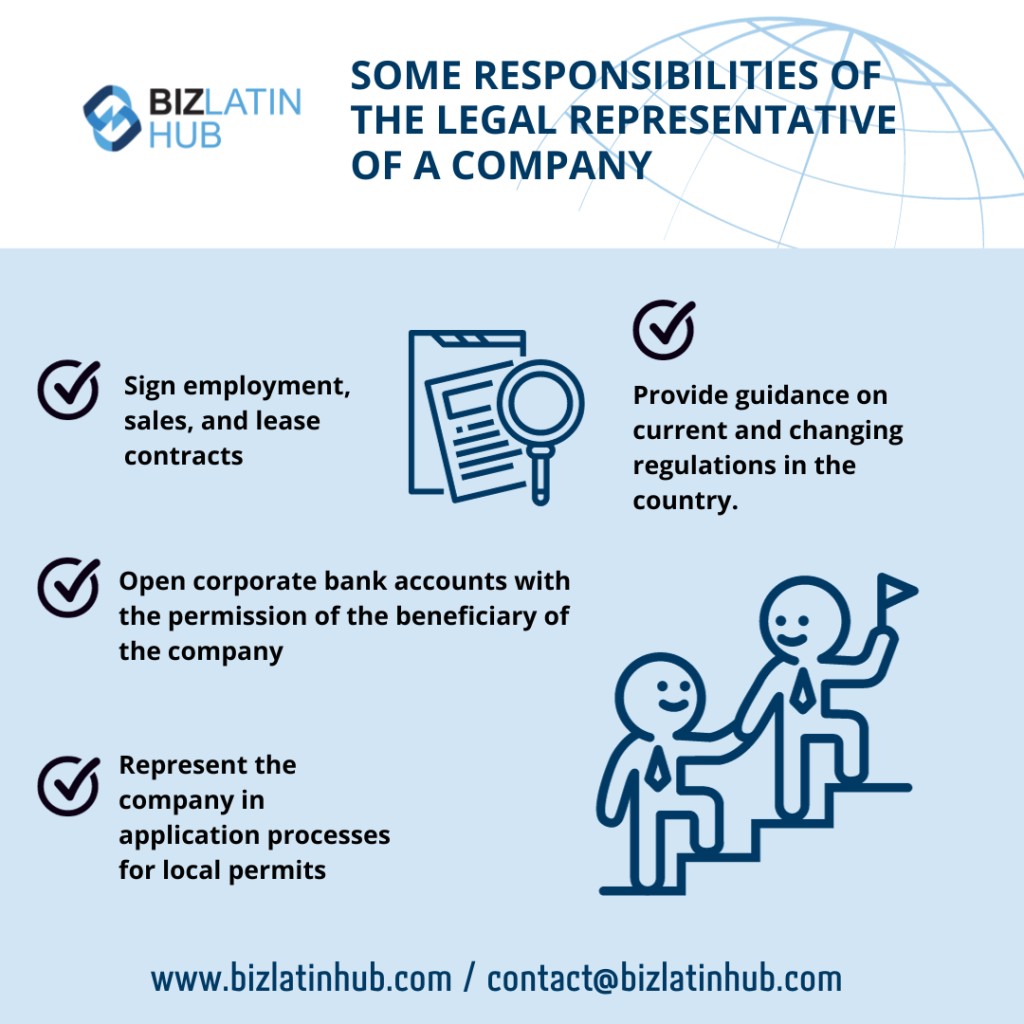With COVID-19 vaccinations underway in Argentina, the country can begin to look towards life after the turmoil of the global pandemic. While many businesses in the country have suffered over the past year, others have managed to adapt or grow. Some of the businesses best positioned to manage the crisis were startups in Argentina, which form part of the country’s growing tech scene. If you are interested in doing business in Argentina, understanding the success of the following three startups could provide invaluable market insight.
Argentina has the third-largest economy in Latin America and the Caribbean, with a gross domestic product adjusted for purchasing power parity (GDP-PPP) of $903.5 billion (all figures in USD). The country enjoys significant prosperity, registering a gross national income (GNI) of ,120 per capita in 2019 — a figure that places it firmly among high-income countries — and the country has a large and well-established middle class, as well as strong health and education systems.
As a member of the Southern Common Market (Mercosur) — an economic bloc that also includes Brazil, Paraguay, and Uruguay — Argentina offers direct access to key markets in the region and a wide array of benefits to foreign investors establishing a company in the country. The country recorded more than billion of foreign direct investment (FDI) inflows in 2019.
Among its many commercial opportunities, Argentina has significant reserves of gas and lithium, as well as great potential for developing renewable energy sources. Once known as ‘the world’s barn’ due to its fertile arable lands, the country still counts on a well-developed agricultural sector and is a major producer of soybeans, beef, wheat, maize, cow’s milk, grapes, and chicken meat.
Read on to learn about three startups in Argentina that are expected to grow in 2021, or feel free to reach out to us now.
The impact of the pandemic on business in Argentina
According to figures published by the National Institute of Statistics and Censuses (INDEC), for the second quarter of 2020, unemployment in Argentina increased by 13.1% due to the economic crisis generated by COVID-19. By March of the same year, the tourism and hospitality sectors were the most affected by the pandemic, experiencing a contraction of more than 25%. Similarly, the construction sector registered a 20% decrease in operations, while the retail and wholesale trade sector, which accounts for 13% of the country’s GDP, registered a 15% contraction.
In addition, the energy sector saw reductions in productivity during the months of April and May 2020 of 60% and 20% respectively. Over the entire of 2020, the Argentinian economy was expected to contract 11%, while inflation continued to rise into 2021.
Yet some sectors fared better during the period, with the agricultural sector registering minimal losses during the toughest months of the pandemic. Likewise, the likes of logistics and communications did not record significant losses either, as the essential nature of such services became all the more critical.
Support for startups in Argentina

With the aim of supporting startups in Argentina, the government has promoted a series of initiatives that seek to promote interaction between investors, startups, and large companies already established in the market. These initiatives include:
Entrepreneurs Law: In 2017, the Argentine Congress approved the Entrepreneurs Law that facilitates the establishment of companies in 24 hours, tax benefits for those who invest in startups, and loans to promote corporate projects in their initial stage.
Knowledge economy law (Ley de economía del conocimiento): This law aims to promote new technologies, facilitate the development of small- and medium-sized enterprises (SMEs) in the country, and increase exports among technology-focused companies. To boost activities in this sector, a reduction in income tax is granted according to the size of the company, with a reduction of up to 70% in employer contributions also included.
Support for local blockchain companies: Argentina’s Ministry of Production and Labor signed a four-year agreement with Binance Labs, a technology company that has committed to investing in local blockchain startups.
Argentina startups: the established players
Mercado Libre
Known as the ‘Amazon of Latin America’ and founded in 1999, Mercado Libre recorded nearly $59.3 billion in profits in the second half of 2020 and currently operates in 18 countries across Latin America. The Argentinian company is the seventh-largest e-commerce platform in the world and has hired more than 11,000 employees in the region. In addition, Mercado Libre has been recognized on several occasions as one of the best places to work, and was highlighted by the British newspaper The Financial Times as the 37th company with the highest increase in its stock valuation during the pandemic.
Globant
Globant is the most important software company in Argentina and the one that has reported the highest growth in recent years. Founded in 2003, it is one of the Argentine ‘unicorns’ with a value of more than $1 billion. Since 2014, Globant began trading on the New York Stock Exchange and currently has more than 10,000 employees in offices located in Argentina, Colombia, the United States, and Uruguay. During the 2020 quarantine, Globant bought the Assa (gA) group for a total of $ 74.5 million.
3 Argentina startups to keep an eye on in 2021
The following Argentina startups grew during the pandemic and should be expected to continue on their upward trajectories in 2021:
Cliengo — Online customer service
Cliengo is an Argentine company focused on improving digital channels through which clients interact with customers. Cliengo adapts to the technology that companies use to communicate with their clients, while also generating reports that allow business owners to improve customer service and identify business opportunities. Cliengo offers the following products:
- Permanent chatbot: Maintains permanent contact with potential customers who visit a client’s website, while collecting their contact information
- Cliengo Live: Redirects conversations from a chatbox on a website to a WhatsApp chat, allowing a professional advisor to resolve customer concerns
- CRM: Collects personal data from clients that are then shared with a commercial team, with the aim of increasing sales
Mudafy — Real estate
Mudafy is an online platform that offers its users the possibility of selling a property in a simple and transparent way, with the help of digital technology. Mudafy is responsible for providing assistance to its users throughout the sales process, offering expert advice along the way. The company’s team, made up of real estate brokers, engineers, developers, and lawyers, works together with other platforms such as Mercado Libre to maximize the chances of selling a property.
With the world increasingly adapting to life online, the platform can be continued to grow into the future.
Producteca — Digitization and e-commerce management
Producteca is a startup allows online businesses to integrate the sale of products across multiple e-commerce platforms. The company allows its users to centralize the management of their sales and product catalog through a process based on the ‘Enterprises Resources Planning’ (ERP) system, meaning business owners can save all information related to stocks, prices, and billing in one place.
Among the platforms Producteca allows its users to integrate sales on are Mercado Libre, Vtex, Magento, Mercado Shops, Shopify, Oracle, Sap, Colppy, Netsuit, JD Edwards , Pickit, and Linio.
Biz Latin Hub can assist you doing business in Argentina
At Biz Latin Hub, our team of multilingual agents has broad experience helping foreign companies successfully enter the Argentinian market and any of the other 16 countries in Latin America and the Caribbean where we operate. With our full suite of company formation, legal, accounting, and back-office services, we can be your single point of corporate support, helping you work for the longevity and success of your company in Argentina.
Contact us today today to discuss your business expansion into Argentina.
Learn more about our team and expert authors.






